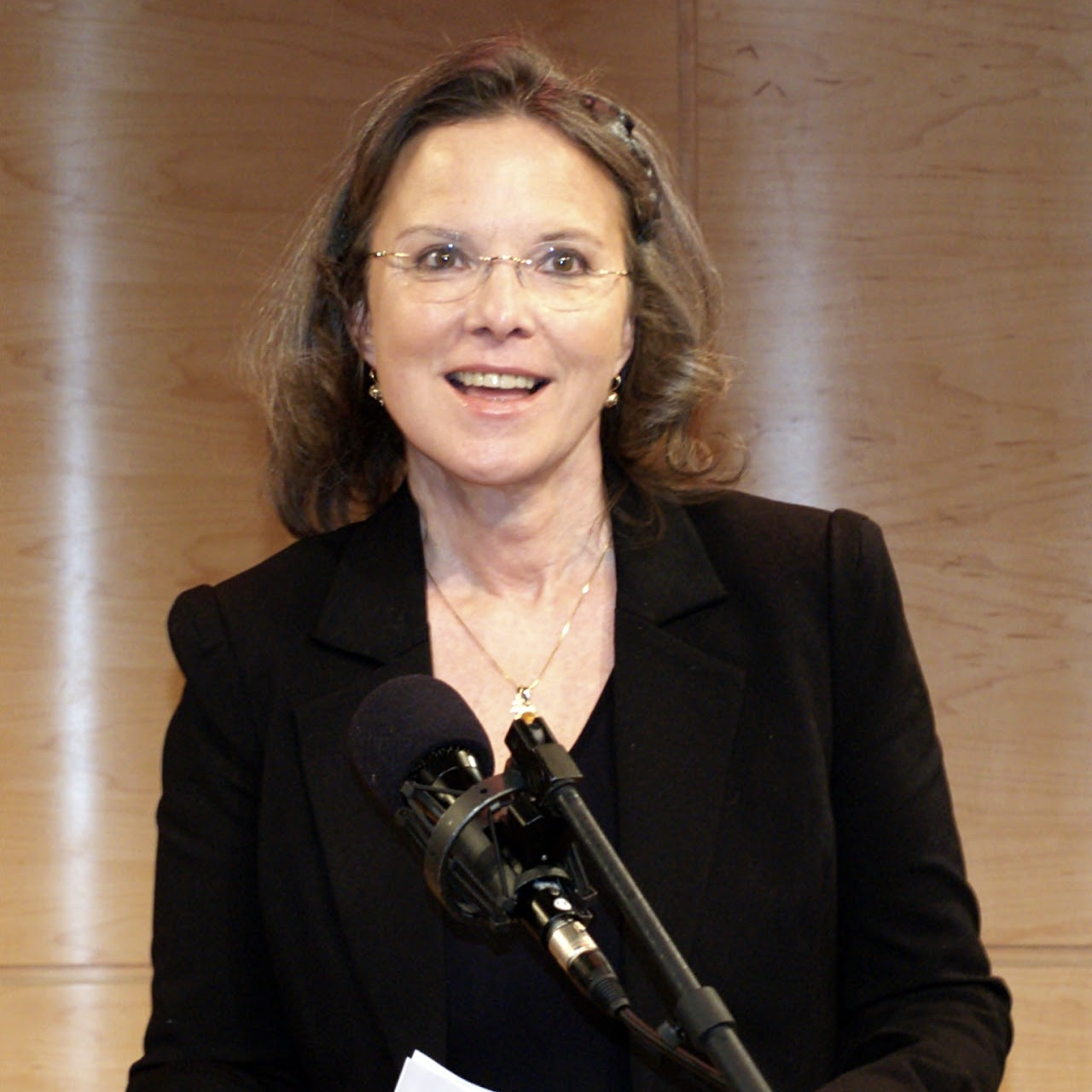We were thirty-one souls all, he said, on the gray-sick of sea
in a cold rubber boat, rising and falling in our filth.
By morning this didn’t matter, no land was in sight,
all were soaked to the bone, living and dead.
We could still float, we said, from war to war.
What lay behind us but ruins of stone piled on ruins of stone?
City called “mother of the poor” surrounded by fields
of cotton and millet, city of jewelers and cloak-makers,
with the oldest church in Christendom and the Sword of Allah.
If anyone remains there now, he assures, they would be utterly alone.
There is a hotel named for it in Rome two hundred meters
from the Piazza di Spagna, where you can have breakfast under
the portraits of film stars. There the staff cannot do enough for you.
But I am talking nonsense again, as I have since that night
we fetched a child, not ours, from the sea, drifting face-
down in a life vest, its eyes taken by fish or the birds above us.
After that, Aleppo went up in smoke, and Raqqa came under a rain
of leaflets warning everyone to go. Leave, yes, but go where?
We lived through the Americans and Russians, through Americans
again, many nights of death from the clouds, mornings surprised
to be waking from the sleep of death, still unburied and alive
but with no safe place. Leave, yes, we obey the leaflets, but go where?
To the sea to be eaten, to the shores of Europe to be caged?
To camp misery and camp remain here. I ask you then, where?
You tell me you are a poet. If so, our destination is the same.
I find myself now the boatman, driving a taxi at the end of the world.
I will see that you arrive safely, my friend, I will get you there.
Published:
2016
Length:
Regular
Literary Movements:
Postmodernism
Anthology Years:
2023
Themes:
Agency
Death & Loss
Poems of Place
Violence & War
Literary Devices:
Allusion
an expression designed to call something to mind without mentioning it explicitly; an indirect or passing reference
Metaphor
a comparison between two unrelated things through a shared characteristic
Rhetorical Question
a question asked for effect, not necessarily to be answered

